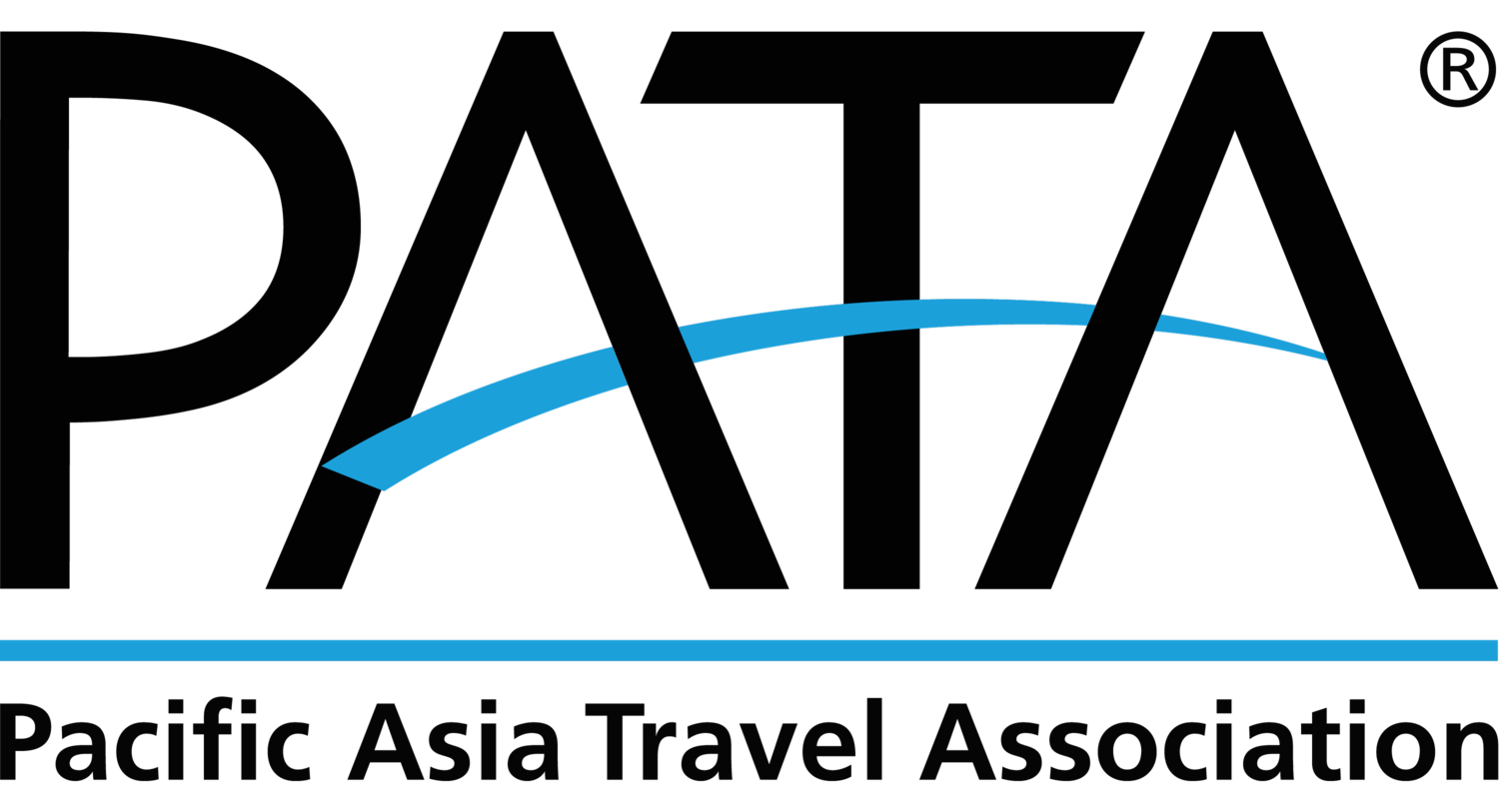Promoting Gender Mainstreaming: Recommendations for Vocational Training Centers
While the tourism and hospitality sector can truly provide a vehicle for social mobility, economic empowerment, and inclusion for women, challenges remain in providing them with a decent and equal working environment. According to a UN World Tourism Organization’s report, women represent more than half of those working in tourism and hospitality; however, they tend to occupy informal and low-paid jobs . Therefore, as a fundamental first step towards future empowerment of young women entering the industry, more efforts need to be put into increasing access to quality vocational training that has a high focus on transversal life skills.
ASSET-H&C’s previous report, Valued. Paid. Recognized, highlights the importance of equal opportunities for women within the Hospitality and Catering (H&C) sector. As a continuation of this preliminary work, ‘Promoting Gender Mainstreaming: Recommendations for vocational training centers in ASSET-H&C network’ outlines how we can promote and sustain gender equality in the industry, with practical examples from ASSET-H&C member schools.
The report aims to empower schools in H&C to take further action by providing guidance on the most pressing gender-related issues and examples of practices already implemented across the network. These recommendations are not a comprehensive checklist, but rather, they offer suggestions on gender-mainstreaming including:
Gender audit
Gender responsive schools & management, e.g., analyzing sex-disaggregated data
Gender responsive & safe classroom environment, e.g., gender-responsive facilities, development of a Code of Conduct
Curriculum and training
Student empowerment through capacity-building, community, and representation
Engaging other stakeholders, e.g., working with parents, building strategic partnerships
Tailored to the needs of ASSET-H&C member schools, the recommendations are based on applicability and actionability. Furthermore, ASSET-H&C anticipates that this Gender Mainstreaming publication also inspires other stakeholders in the industry, from those in higher management positions to those early on in their careers, to identify inequalities and take actions to create a fair working environment for all.
The full publication is now available at: https://assethc.org/publication/
This article has been reposted with permission from ASSET–H&C, a unique network of innovative vocational training centers that promote social and economic inclusion of vulnerable people in Southeast Asia and a valued PATA International Member. PATA proudly supports discussions around sustainability through the SDGs Matter guest post initiative. Please note that the views and opinions expressed in the article may not necessarily reflect the official policy, position or views of PATA or any of its employees.

